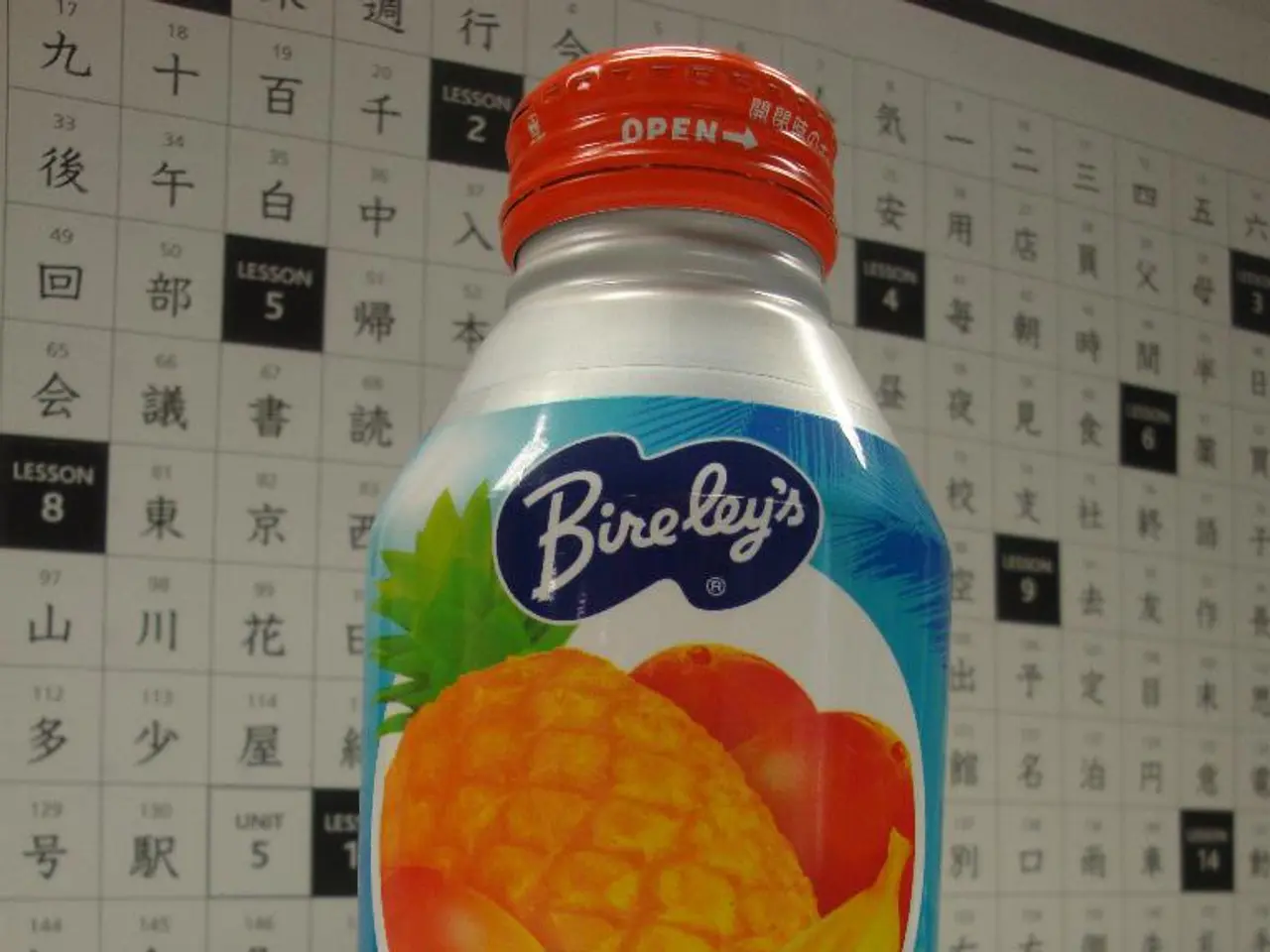Treatment Swaps Acid Reflux for High Blood Pressure
In recent years, there has been growing concern about the potential risks associated with the use of proton pump inhibitors (PPIs), a common medication used to treat conditions such as GERD and stomach ulcers. A series of studies have suggested a link between PPI use and an increased risk of hypertension, a condition that affects millions of people worldwide.
PPIs work by inhibiting the proton pump enzyme, which is essential for the production of stomach acid. However, research has shown that PPIs may interfere with an unrelated cycle that converts dietary nitrates into nitric oxide, a natural vasodilator made by the body. Nitric oxide relaxes blood vessels, which lowers blood pressure. By inhibiting this conversion, PPIs could lead to increased vascular resistance and thus elevate the risk of developing hypertension.
A study published in the Journal of the American Heart Association, titled "Proton Pump Inhibitor Use and Incident Hypertension in Menopausal Women," found a potential association between PPI use and new cases of hypertension in menopausal women. Another study, "Long-Term PPI Use Linked to Hypertension in Menopausal Women," published in U.S. Pharmacist, reached a similar conclusion.
Out of 64,720 menopausal women, the study at the University of Buffalo - SUNY found 28,951 new cases of hypertension after a mean follow-up of 8.7 years. The researchers attribute this potential association to the reduction of nitric oxide brought on by the PPIs.
It's important to note that PPIs have been linked to an increased risk of other health problems as well, including stroke, bone fracture, pneumonia, type 2 diabetes, Clostridium difficile infection, and kidney damage.
While PPIs can provide relief for conditions like GERD and stomach ulcers, it's crucial to consider the potential risks associated with their long-term use. If you're currently taking a PPI, it's a good idea to discuss the potential risks and benefits with your healthcare provider.
On the other hand, there are several lifestyle changes and food remedies that can help control GERD, acid reflux, and heartburn. These include maintaining a normal weight, not smoking, engaging in moderate to vigorous physical activity for at least 30 minutes a day, and restricting coffee, tea, and sodas to no more than 2 cups per day. Some foods that are safe remedies for acid reflux include olive oil, apple cider vinegar, carob, turmeric, and high-fiber foods like whole grains, root vegetables, and green vegetables. Eating foods with a higher pH, such as bananas, melons, cauliflower, fennel, and nuts, can also offset stomach acid and help control acid reflux.
Turmeric, derived from the Curcuma longa plant, contains curcumin, a compound that's as effective as omeprazole (a common PPI) at relieving symptoms of indigestion, including acid reflux. If you're experiencing symptoms of GERD or acid reflux, it's worth considering these natural remedies before turning to medication.
In conclusion, while PPIs can be an effective treatment for conditions like GERD and stomach ulcers, it's important to be aware of the potential risks associated with their long-term use, particularly the increased risk of hypertension. If you're currently taking a PPI, it's a good idea to discuss the potential risks and benefits with your healthcare provider. Additionally, there are several lifestyle changes and food remedies that can help control GERD, acid reflux, and heartburn, making it possible to manage these conditions without relying on medication.
- The science behind proton pump inhibitors (PPIs) has revealed a possible relationship between their use and increased vascular resistance, which could result in an elevated risk of chronic diseases such as chronic hypertension.
- Beyond hypertension, studies have identified other health-and-wellness concerns linked to long-term PPI use, including stroke, bone fracture, pneumonia, type 2 diabetes, Clostridium difficile infection, and kidney damage.
- A healthy lifestyle, incorporating fitness-and-exercise, nutrition, and cardiovascular-health practices, can help control and manage medical-conditions like GERD, acid reflux, and heartburn, offering an alternative to medication.
- Certain foods, such as bananas, melons, cauliflower, fennel, nuts, whole grains, root vegetables, green vegetables, olive oil, apple cider vinegar, carob, and turmeric, can help offset stomach acid and alleviate acid reflux, potentially providing relief without the use of PPIs.
- Turmeric, a natural remedy from the Curcuma longa plant, contains curcumin, a compound as effective as omeprazole (a common PPI) at relieving symptoms of indigestion, providing a safe and effective alternative for those experiencing GERD or acid reflux.




